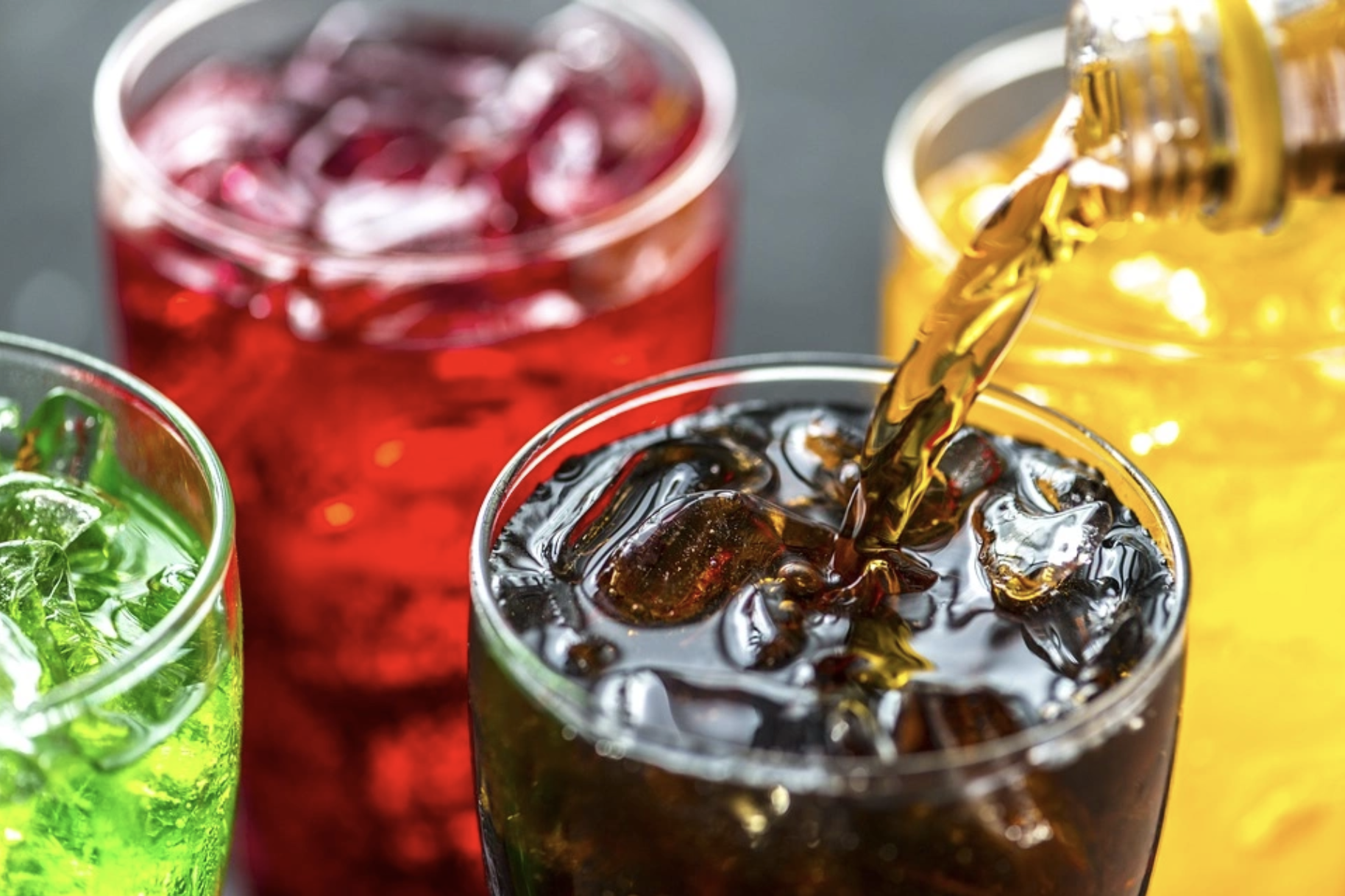Kidneys play a vital role in filtering toxins, balancing fluids, and controlling blood pressure. However, our daily diet can put a strain on them without us realizing it. Kidney health isn't just about limiting alcohol and salty foods; it also depends on what we consume every day.
Here are some foods to be mindful of to prevent kidney damage:
Processed and packaged foods high in salt
Processed foods high in salt are the number one enemy of kidney health. The US Centers for Disease Control and Prevention (CDC) recommends limiting foods with high salt content, especially "hidden" salt in canned soups, frozen meals, chips, crackers, processed meats (like cold cuts and bacon), restaurant dishes, and even sauces and salad dressings. Too much sodium causes the kidneys to retain water, increasing blood pressure and accelerating kidney damage.
To protect your kidneys, limit eating out and consuming convenience meals. Always check nutrition labels and choose low-sodium products. Experiment with herbs, lemon, or vinegar for flavor instead of salt.
Carbonated soft drinks and sugary beverages
Carbonated soft drinks, especially dark-colored colas, are also harmful to the kidneys. They not only contribute to obesity and diabetes (major kidney damagers), but cola also contains high levels of phosphorus, which is difficult for weak kidneys to process. Too much phosphorus can damage blood vessels and bones. Other sources high in phosphorus include some flavored waters, sweet iced tea, and energy drinks.
Choose water or sugar-free beverages. If you must have a soft drink, switch to a clear, caffeine-free version.
 |
Carbonated soft drinks, especially dark-colored colas, are also harmful to kidneys. Photo: encyclopedia |
Carbonated soft drinks, especially dark-colored colas, are also harmful to kidneys. Photo: encyclopedia
Fast food
Fast food and packaged meals like burgers, fries, pizza, and instant noodles are high in sodium, saturated fat, phosphorus, and potassium (another mineral that can build up in the blood if kidneys aren't healthy).
Limit fast food. If you have a craving, order your meal "no added salt" and avoid extra cheese or sauces.
Foods rich in phosphorus
Phosphorus is a silent kidney damagers. If the body can't eliminate phosphorus, it takes calcium from the bones, impacting cardiovascular health. High-phosphorus foods include not only cola but also cheese, processed dairy products, beans, nuts, whole-grain bread, and many processed foods with "phos-" in the ingredient list.
Foods rich in protein
Meat lovers should be aware that consuming a lot of red meat, poultry, eggs, and cheese leads to high protein intake, which the kidneys must filter.
Over time, excess protein overworks the kidneys, causing damage if you already have kidney risk factors or early-stage chronic kidney disease. The body needs protein, but not in excess.
Potassium
Potassium is good for most people, but when kidneys are weak, they can't balance potassium, leading to muscle and heart problems.
Foods like bananas, oranges, potatoes, tomatoes, avocados, and even some "whole-grain" breads are potential sources of harmful potassium.
Ultra-processed foods
Ultra-processed foods—anything canned, bagged, or "instant"—can contain a mix of sodium, phosphorus, unhealthy fats, and advanced glycation end products (AGEs), chemicals formed during high-heat cooking linked to kidney damage in many studies. The more ultra-processed foods you eat, the higher your risk of kidney problems, even if you're healthy.
My Y (Times of India)












